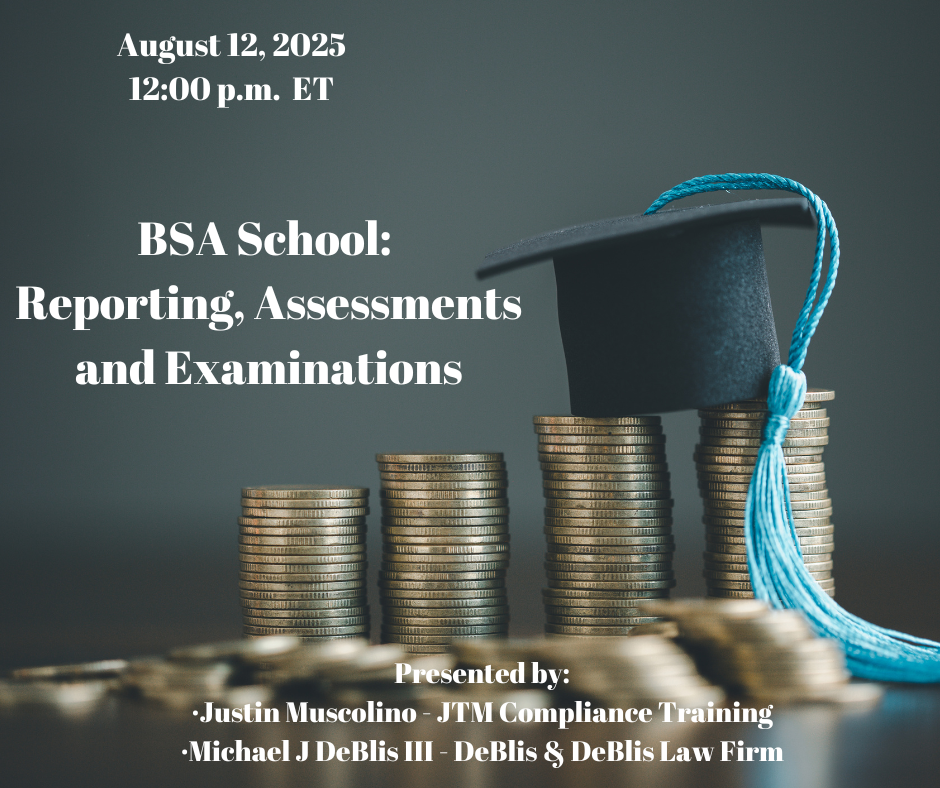
Exciting new series on “Voice, Body and Movement for Lawyers – How to connect with the jury and find Justice Through Dramatic Technique!”
Click here to find out more
Exciting new series on “Voice, Body and Movement for Lawyers – How to connect with the jury and find Justice Through Dramatic Technique!”
Click here to find out more
Section 191(1)(a)(i) of the New York Labor Law requires employers to pay “manual workers” on a weekly basis. For decades, courts held that employees could not sue their employers to redress violations of this provision. In 2019, however, a New York appellate court held that the statute provides a private right of action, which triggered a tidal wave of class action litigation seeking liquidated damages for untimely wages.
This program covers the legislative history, recent litigation trends, and unresolved issues concerning Section 191, among other topics involving pay frequency litigation in New York.

This CLE explores the interaction of statutory, ethical, and practical cybersecurity obligations pla...

A strong fraud program is essential for protecting financial institutions and their customers from e...

This course provides an introductory overview of blockchain technology and non-fungible tokens (NFTs...

This seminar will cover the latest legal developments affecting the entertainment industry, includin...

This course provides attorneys with a foundational understanding of real estate taxation, covering k...

This session is designed to help compliance professionals and fintech partners better understand the...

The Investment Company Act of 1940 potentially imposes significant regulatory burdens on investment ...

Successfully navigating the web of legal ethics issues faced by counsel in today’s ever evolvi...

This course offers a clear, practical introduction to offshore asset protection planning. Attendees ...

This session provides a foundational understanding of the rules and regulations governing ACH (Autom...